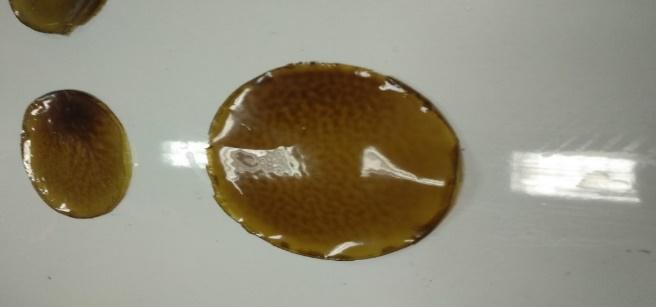| Technology code 21-AUA-02 |
Status OPEN |
Applications mode First call for expression of interest |
Access model As specified in the call |
Code: 21-AUA-02
The Opportunity
Nanotechnology preferentially combined with bioprocessing could offer alternative and environmentally friendly routes for the development of renewable and sustainable end-products. Biodegradable and biocompatible nanocellulose-based materials could be produced to serve applications in highly demanding industrial sectors, i.e. catalysis, elastic conductors, pharmaceuticals, medicine, tissue engineering, drug delivery systems and the food and biopolymer industry in the form of aerogels, hydrogels, nanocomposites, emulsions, and membranes/films. Conventional formulations of some of the aforementioned applications lag behind in mechanical strength which can be controlled by adding nanocellulose in the form of nanofibers or nanocrystals.
Production of bacterial cellulose via microbial bioconversion of lignocellulosic residues and its subsequent transformation into nanostructures, could sustain the production of functional end-products at low environmental impact.
Nanocellulose could be an ideal building block due to its unique structure which gives rise to properties such as high Young’s modulus and enhanced mechanical strength. The production of bacterial cellulose nanocrystals via acid hydrolysis of bacterial cellulose under specific conditions is a novel and highly promising approach to obtain high performance nanomaterials, i.e. reinforcements in polymeric matrices and nanocomposites for active food packaging.
Our Offer
FOOD INNOVATION RI researchers have used industrial side streams as sustainable resources ensuring that they will be re-introduced into food value chains. They employed bioprocessing to produce bacterial nanocellulose via the valorization of renewable resources, i.e. crude glycerol derived from the biodiesel industry, spent coffee grounds, citrus waste and side-streams from the confectionery industry.
Our research team developed a novel formulation of biodegradable and glycerol-plasticized bacterial nanocellulose-based films. Sunflower protein isolates have been incorporated into the biopolymer matrix serving dually as a source of natural antioxidant compounds and as a vehicle of these antioxidants to prolong the life span of the applied food product.
The Technology
Biodegradable films were produced using protein isolates, crude glycerol as plasticizer and bacterial nanocellulose as reinforcing filler. Optimal ratios of glycerol, protein isolates and bacterial nanocellulose were determined for good performance of films. Prior to their upgrade to isolates, crude proteins were treated for the recovery of antioxidant compounds using ultrasound-assisted ethanol extraction. Antioxidants were incorporated at certain amounts into the biopolymeric matrix and the potential for preserving oxidation-sensitive products was evaluated via Rancimat analysis. Overall, the films were tested by contact angle measurements regarding their hydrophilicity/hydrophobicity, surface plasmon resonance (SPR) to evaluate the adsorbed amounts in thin films, FTIR to detect the separate components and their interactions and TGA to characterize their thermal properties.
Highly perishable products, i.e. strawberries, were stored in specific containers capped with the produced biofilms. Their sensory properties in terms of appearance, texture, aroma, and taste as well as firmness and color were evaluated throughout a 15-day period.
Advantages & Innovations
- Excellent barrier properties to oxygen
- Good mechanical properties
- Low permeability to water vapor
- Slow decay rates of highly perishable food products
The overall evaluation of novel biodegradable films properties demonstrated their potent application in active packaging applications.
Stage of Development
This novel technology is an innovative process for the production of edible and biodegradable films and it has been validated in lab scale. The next step requires an industrial large-scale validation and production to ensure the effectiveness of the process in pilot or industrial processes.
Partner Search
FOOD INNOVATION RI is seeking for Partners from the Food Industry to develop this technology. The industrial Partner shall further develop this technology in a relevant and operational environment. Alternative options may also be considered.
Offered by
Department of Food Science and Human Nutrition, Agricultural University of Athens, Iera Odos 75, Athens, Greece
Contact

Prof Apostolis KOUTINAS
This email address is being protected from spambots. You need JavaScript enabled to view it.
Food Process Engineering


